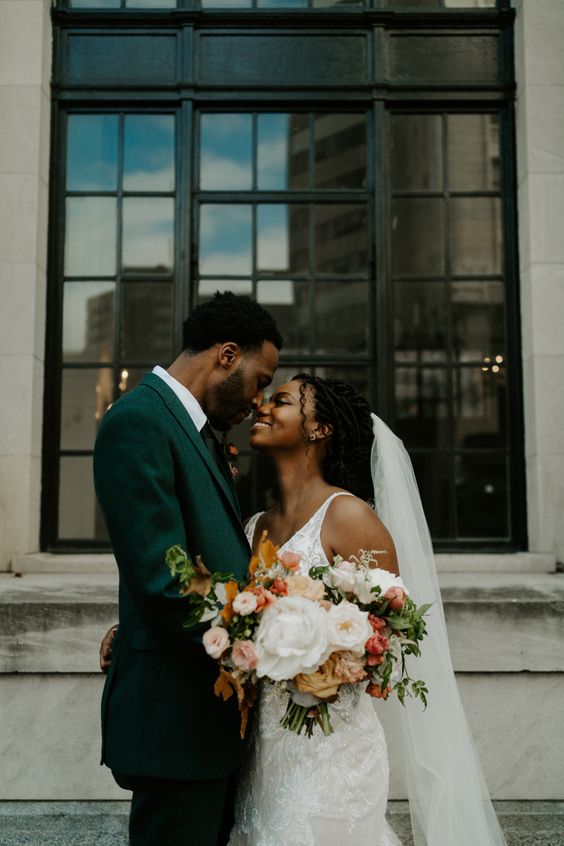
Managing a wedding budget can be a challenging but essential task to ensure that you don’t overspend and start your married life with unnecessary financial stress. Here’s a step-by-step guide on how to manage your wedding budget effectively:

Set a Total Budget:
Determine how much you’re willing to spend on your wedding. This amount should be realistic and take into account your financial situation.
Prioritize Expenses:
List all the wedding expenses you anticipate, from venue and catering to attire and decorations.
Prioritize these expenses based on what’s most important to you as a couple. For example, if the venue and food are your top priorities, allocate a larger portion of your budget to these areas.
Create a Detailed Budget Spreadsheet:
Use a spreadsheet or budgeting tool to track expenses. Many wedding budget templates are available online.
Categorize expenses and allocate a specific budget for each category.
Research Costs:
Research vendors and get price quotes for various services to understand the average costs in your area.
Be realistic about what you can afford. If a vendor is outside your budget, keep looking for alternatives.

Estimate Guest List and RSVPs:
Create a tentative guest list and estimate the number of guests who will attend.
The number of guests can significantly impact your catering and venue costs, so make this estimate as accurate as possible.
Track Expenses:
As you make deposits and payments, record them in your budget spreadsheet.
Keep all receipts and contracts in one place for easy reference.
Set Up a Wedding Savings Account:
Consider opening a separate bank account specifically for wedding expenses. This will help you keep track of your wedding funds and prevent overspending.
Stay Organized:
Keep all your wedding-related documents and paperwork organized in a binder or digital folder.
Use wedding planning apps or tools to help manage your budget and to-do list.

Regularly Review and Adjust:
Periodically review your budget to ensure you’re staying on track.
If necessary, make adjustments. This might involve reallocating funds from one category to another or finding ways to cut costs.
Avoid Unnecessary Expenses:
Be mindful of add-ons and extras that can quickly inflate your budget.
Consider DIY options or asking friends and family for help with certain aspects of the wedding, such as decorations or music.
Negotiate with Vendors:
Don’t hesitate to negotiate with vendors for better deals or discounts.
Ask about off-peak pricing, package deals, and payment plans.
Stick to Your Priorities:
Throughout the planning process, remind yourself of your top priorities and be willing to compromise on less important details to stay within budget.
Prepare for Unexpected Costs:
Set aside a small portion of your budget for unforeseen expenses or emergencies.
Finalize Your Budget:
As you get closer to your wedding date, make sure all expenses are accounted for and paid.

Review and Celebrate:
After your wedding, review your budget to see how closely you stuck to it.
Celebrate your financial success as a couple.
Remember that communication with your partner is crucial throughout this process. Be open and honest about your budgetary limits and expectations to avoid misunderstandings and disagreements. By planning carefully and managing your wedding budget wisely, you can have a beautiful and memorable wedding without unnecessary financial stress.

